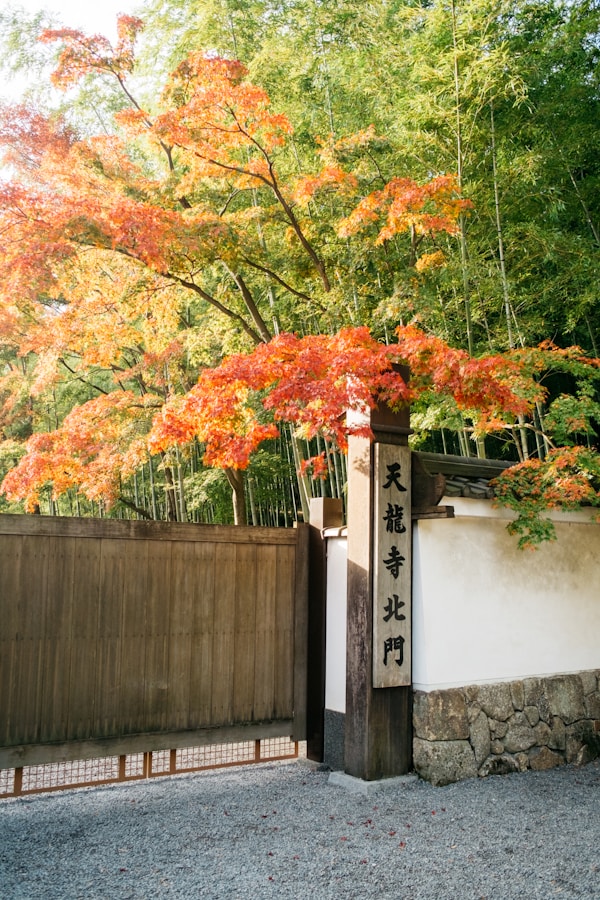.svg)
How to Price Your Home in Japan for a Fast Sale
.svg)
.svg)
.svg)

Get ready to sell with confidence. Learn how to answer common buyer questions in Japan—from property condition and pricing to zoning, taxes, and utilities. A must-read guide for sellers.


When you're selling your home in Japan—whether it's a city apartment, countryside house, or akiya (vacant home)—potential buyers will have questions. Being prepared with clear, honest, and confident answers can help you build trust, avoid delays, and close the deal faster.
In this guide, we’ll walk through the most common questions buyers ask, why they ask them, and how to respond effectively.

Buyers want to understand the structural integrity, potential repairs, and long-term value of the property.
How to answer:"The house was built in 1980. The roof was replaced in 2015, and the plumbing system was upgraded in 2019. It’s been well-maintained and recently cleaned for sale."
Highlight upgrades, even small ones, to show you’ve cared for the home.
How to answer:"Yes, we updated the kitchen in 2018, replaced the tatami mats in 2020, and repainted the exterior last year."
In Japan, natural disaster history matters. Be upfront.
How to answer:"There was no structural damage during past earthquakes, and the area has no history of severe flooding. I’m happy to provide inspection records."
Buyers are trying to assess urgency and any hidden reasons.
How to answer:"We’re relocating for work and decided it’s the right time to sell. There are no issues with the home itself."
Most buyers in Japan expect to negotiate—especially for older homes.
How to answer:"We’re open to reasonable offers and can also discuss covering part of the closing costs if needed."
Show that it’s backed by logic, not just personal preference.
How to answer:"We based the price on recent sales of similar properties in the area, as well as advice from a licensed agent. The land value and condition of the home were major factors."
Buyers want assurance that the transaction can proceed smoothly.
How to answer:"Yes, we have the property registration certificate, land survey, and tax records ready. If needed, we can also provide power of attorney support for an overseas buyer."
They want to avoid future financial surprises.
How to answer:"All taxes are up to date, and there are no mortgages or liens on the property. The home is debt-free and ready to transfer."
This refers to things like acquisition tax and property tax.
How to answer:"Yes, there will be standard property acquisition tax and annual fixed asset tax. I can provide last year’s tax bill to give you an estimate."
Zoning laws in Japan can be strict, especially for rural areas.
How to answer:"The property is in a Category 1 Residential Zone, so it can be renovated or rebuilt for residential use. Commercial use may require permits. We recommend confirming with the local municipal office."
Japan has rules around short-term rentals (minpaku).
How to answer:"Short-term rentals are restricted in this zone, but long-term rentals are allowed. I can point you toward city office resources for licensing requirements."
Buyers want to understand day-to-day living expenses.
How to answer:"The home is connected to electricity, gas, water, and sewage. Monthly costs average ¥15,000–20,000 depending on the season."
Especially for older homes, upkeep is a common concern.
How to answer:"We do seasonal roof checks and maintain the garden regularly. The home has traditional elements like shoji screens and tatami, which require light upkeep."
Buyers need to plan their move-in or renovation schedule.
How to answer:"Once we agree on terms, the full process usually takes 1–2 months, including paperwork and legal registration. It can be quicker if the buyer is paying in cash."
Helps them coordinate logistics.
How to answer:"The home is vacant, so once the final payment clears and the transfer is registered, it’s ready immediately."
✔ Be honest—even about issues. Buyers appreciate transparency.
✔ Have your paperwork ready in advance.
✔ If you don’t know the answer to a question, offer to find out.
✔ Highlight the unique value of the home and land.
✔ Use platforms like Old Houses Japan that help prepare sellers for these conversations.
Selling a home? Let us help you connect with serious buyers and answer their questions with confidence. Book a call with Old Houses Japan today!
Start your journey with Luxey today! Sign up for free and get instant access to the best property listings.



